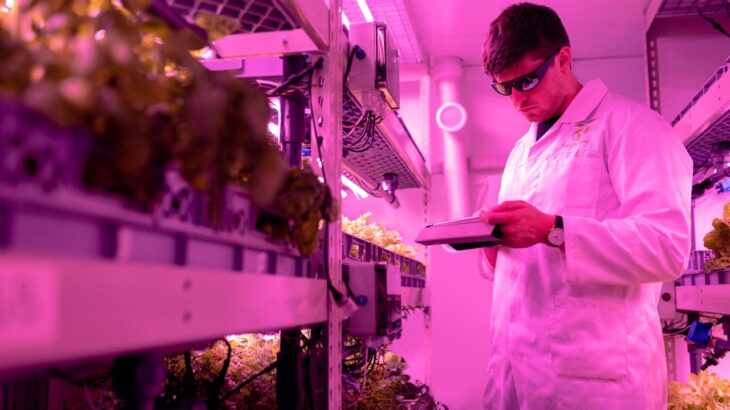Elevating research data stewardship at UCL

The job of curating and sharing research data is vital, but it has traditionally fallen to different groups of people. At UCL a dedicated team of Research Data Stewards has been assembled to work across a range of projects and services, as James Wilson explains.
Over the past decade, the importance of sharing data generated in the course of research has received growing recognition within the academic research community. Sharing research data, both increases confidence in research outputs and enables others to build upon that data to generate new insights. But sharing data in a way that makes it comprehensible to others and re-usable is easier said than done.
Traditionally, the job of curating and sharing research data, making it ‘FAIR’ – Findable, Accessible, Interoperable, and Reusable, has fallen to different groups of people. Repository managers and those working for specialist data centres have curated data alongside more traditional outputs for some research communities; librarians and research managers have sought to help researchers plan their work and use available data resources; and, where funding has allowed, project managers have helped research teams to work together efficiently to organise their content.
“They have tended to receive little credit for their efforts and have needed to switch projects on a regular basis as contracts expire”
But in many cases, the job of managing, preparing, and sharing data has fallen to postdocs on temporary contracts working within a research team. Often working individually and in relative isolation from their peers, they have tended to receive little credit for their efforts and have needed to switch projects on a regular basis as contracts expire, rather than developing expertise in a steady and well-supported environment.
In response to this situation, UCL began to build a cadre of centrally allocated professionals known as research data stewards. It was not the first research institution to do so. Several universities, particularly in the Netherlands, had already recruited to such a role, but UCL was one of the first in the UK to recruit data stewards in number.
Since recruitment started in 2022, the data stewardship team in UCL’s Advanced Research Computing centre (ARC) has grown to 15 people. Many more people across the university – in academic departments, the library, and even professional services, perform data stewardship activities. They are now being invited to join a Research Data Stewardship Community of Practice.
A research data steward is more than simply a re-badged data manager, informatician, data engineer, data librarian. The people in these roles have a common purpose and share a common mission. This definition of research data stewardship is broad, and not every research data steward will cover all aspects of each job, but it helps to understand the increasing use of the term.
The ARC Research Data Stewards support researchers, and research, by providing data management services, advice, and specialist expertise. They are funded in two ways: by being costed into research funding and embedded within research teams, helping them make the data they produce FAIRer; and from ‘portfolio’ funding to develop and provide services.
Stewards work in an Agile manner, moving between research projects and services according to changing priorities. By working on both services and research projects, the aim is that the insights acquired in one can help inform and improve the other. In addition, the data stewards conduct their own original research into how to improve profession and better manage data in different contexts.
The research data stewards form one of five groups of research technology professionals in ARC. The others are research software engineers; data scientists; research infrastructure developers, and professional research investment strategy managers (PRISMs). Each profession has its own defined career structure, from grades 6 to 10 in UCL’s broader academic and professional services pay structure. Rather than specialists needing to take on management roles to advance grade, these career structures enable promotion based on improved technical expertise and research impact, rather than just the number of direct reports.
In terms of their background, the ARC research data stewards come from a variety of fields. Many have research backgrounds, spanning disciplines from the humanities to genomics, but there are also technically minded librarians and people with experience of project management and research administration. Many have experience of teaching, or data governance. We value expertise helping process data and automate workflows programmatically, knowledge of data modelling, or an understanding of metadata schemas and ontologies, but there is no single skill set. This diversity of skills and perspectives is important for functioning well as a team.
“Everyone is expected to step in and support each other where a particular expertise is required”
Everyone is expected to step in and support each other where a particular expertise is required and to cover gaps – this is one of the ways in which we can support research in a way that a lone post-doc would struggle to match, but the development of the broader community of practice should help reduce the sense of professional isolation that has been a problem in the past.
The team continues to expand and is now involved in work to further define and professionalise research data stewardship. UCL is supporting the training and development of research technology professionals more broadly as part of the STEP-UP project, taking part in the interest groups and working groups of the Research Data Alliance, and working with research communities to better support research and data sharing.
Project Contact

Dr James A J Wilson
Head of Research Data, Advanced Research Computing

